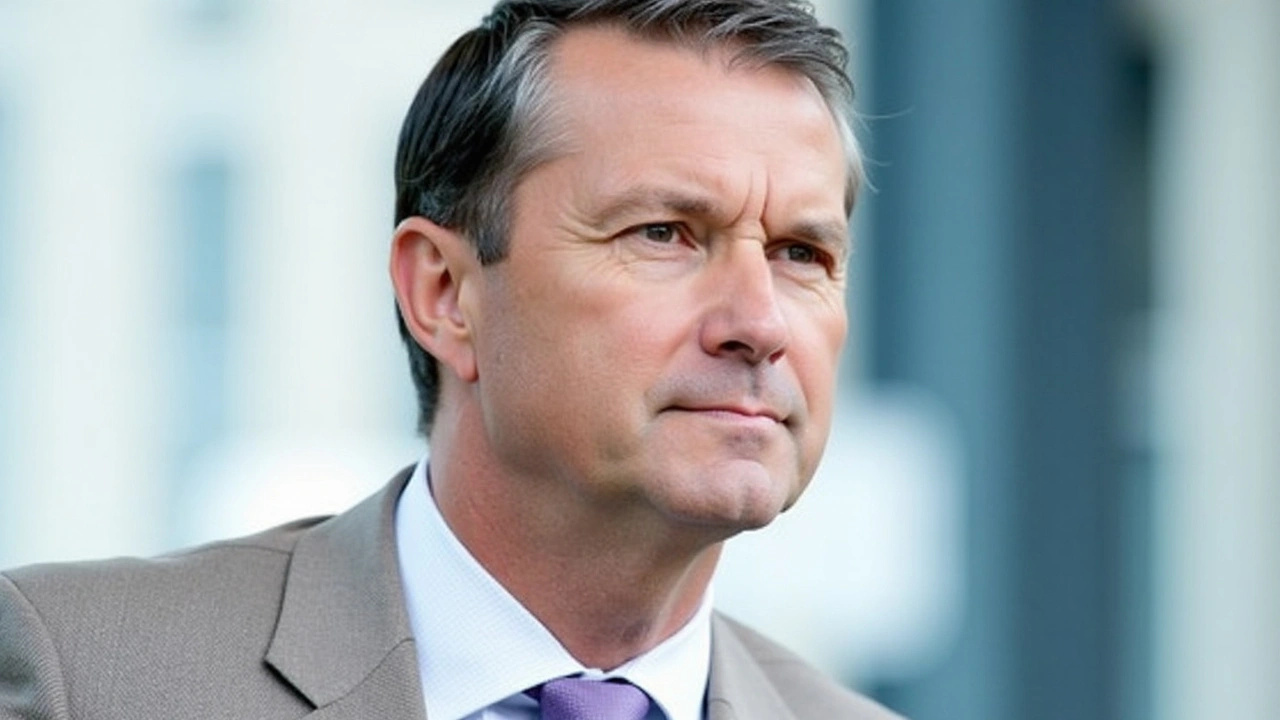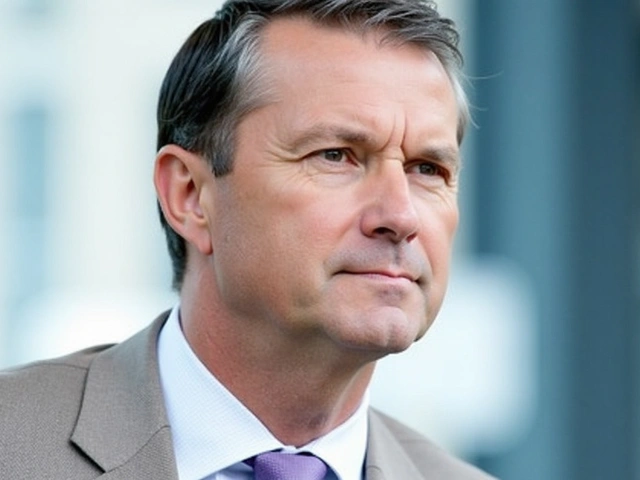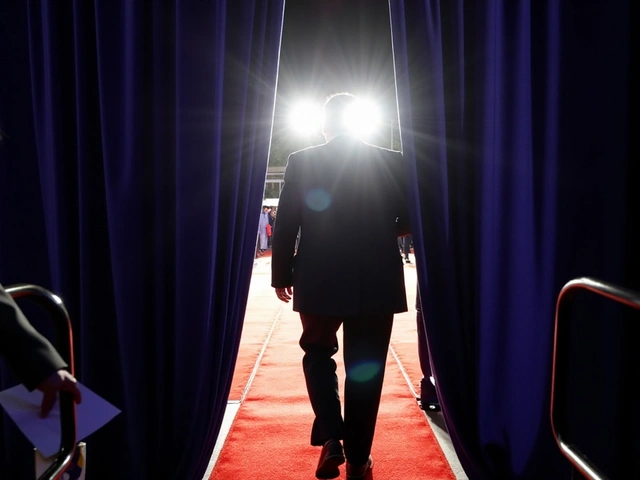Trump's Strategic Choice: Fox News Host for Defense Secretary
In a move that has sparked both intrigue and apprehension, U.S. President-elect Donald Trump has selected Pete Hegseth, a well-known figure on Fox News and a former military officer, to serve as Secretary of Defense. This appointment marks Hegseth’s first foray into a political role, where he will wield considerable power over the variably tumultuous and ever-complex international diplomatic and military arenas. Trump's selection of Hegseth was announced with a sense of triumphant confidence, underscored by the reaffirmation of Trump's essential campaign rhetoric, ‘America First.' Hegseth, if confirmed, will inherit profound responsibilities as he steps into an era marked by global instability and potential military upheaval.
Who is Pete Hegseth?
Born in Minneapolis, Hegseth's trajectory has been shaped by a blend of rigorous academic pursuit and practical military service. An Ivy League graduate with a degree from Princeton University, he has lived a life marked by active engagement with military affairs, echoed in his tours in both Iraq and Afghanistan. His experiences have undeniably shaped his worldviews, which in turn find consistent articulation in his conservative commentaries on Fox News. A prominent voice for veterans and military issues, Hegseth has been particularly vocal in his criticism of what he perceives as left-wing policies that have affected the armed forces adversely. His book, 'The War on Warrior,' serves as a trenchant critique of such political stances, advocating for a robust and uninhibited military ethos.
Challenges Awaiting Hegseth
At the helm of the Department of Defense, Hegseth will imminently confront a gamut of high-stakes decisions and challenges. Among these is the critical matter of military aid to Israel, a key ally whose security concerns are often front-and-center in U.S. foreign policy agendas. Additionally, the ongoing conflict in Ukraine and the United States' role in provisionally supporting the nation amid Russian aggression will require careful and strategic examination. Trump's rhetoric during the campaign has signaled a potential shift—a reevaluation, or even reduction, of U.S. involvement in international conflicts. This poses an inevitable question: How will Hegseth navigate these matters in his newfound capacity?
Political Support and Senate Confirmation
The path to Hegseth's installation as defense secretary is not without potential hurdles. His appointment is contingent upon Senate confirmation, a procedural step that Trump has attempted to expedite, suggesting that Republican senators fast-track his key nominations. With Republicans recently regaining control of the Senate, there exists a plausible expectation of support for Trump's choices. However, the process of confirmation itself bears scrutiny and debate, reflecting the divided nature of the current political climate. Hegseth’s confirmation could be indicative of the broader Republican strategy in embracing non-traditional candidates for pivotal governmental roles, a hallmark of Trump's presidency thus far.
The Influence on U.S. Military Policy
Should Hegseth secure the role, his influence on U.S. military policy could herald a significant shift in both domestic and international arenas. Trump's commendations not only highlight Hegseth’s credentials but frame the larger republican perspective on defense and military policy envisioning ‘greatness’ once again. The implications of this appointment stretch beyond mere symbolism; they could realistically redefine U.S. strategic defense priorities and alignments, sending palpable signals to both America's allies and adversaries globally. The rhetoric of ‘America’s enemies being on notice’ suggests that changes within the Defense Department may reflect a stronger, possibly more unilateral approach to foreign policy and military engagement.
Conclusion
The nomination of Pete Hegseth as Secretary of Defense is a bold move, one that underscores Trump's affinity for insiders who share a vision of revamping the existing military framework to suit his 'America First' doctrine. It remains to be seen how Hegseth’s leadership will shape the Department of Defense and influence the wider geopolitical landscape. As the confirmation process advances, political observers and national security experts alike will closely scrutinize this appointment, assessing its potential impact on the stability and reconfiguration of U.S. military strategies moving forward.




Leave a Comments